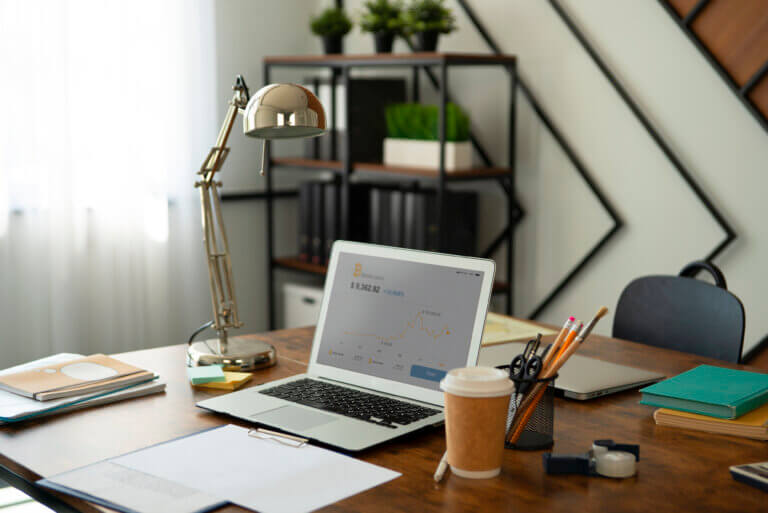Steps to Take to Walk Into Your First Home-Buying Experience with Confidence
Buying a home is a rite of passage for most Americans. If you are planning on taking this major step within the next year, Davis & Hodgdon Associates shares some things you can do now that will help you land the home of your dreams without disappointing snags that may delay your ability to buy.
Davis & Hodgdon Associates, Inc. provides tax- and business-related resources to individuals and business owners in Vermont. Use this form to get in touch with us.
Understand affordability.
First things first — you must let go of the idea that home price is the only factor that figures into affordability. Low interest rates play a significant role in your mortgage amount. On a $200,000 home, a single point can raise or lower your payment by $100 per month or more. You will also want to ask your agent about property taxes, which can vary from county to county and even within city limits. Location — specifically, the distance from emergency services — can make your homeowner insurance more or less expensive, so consider this as well since insurance is part of your escrow. Last but not least, look into whether paying points makes sense for your situation, as it could help you lower the amount of interest you pay on your loan.
Get your credit in check.
Most lenders agree that a credit score of 620 to 640 is a good starting point when you want to buy a home. Although some buyers may qualify for an FHA loan with a credit score of 500, you will likely have a higher interest rate and may have to jump through hoops for approval. As soon as possible, begin improving your credit score by doing things like paying your bills on time, consolidating debt, and reducing your debt-to-income ratio.
Eliminate unnecessary expenses.
Whether it’s a daily cup of gourmet coffee, a soda from the vending machine, or dining out (which can add up to $3,000 per year), nearly all of us spend money unnecessarily. While there’s nothing wrong with these daily indulgences, when you’re trying to save for a house, you’ll need to cut the fat. Cable television, gym memberships, and magazine subscriptions can cost hundreds to thousands of dollars each year. You could potentially save $5,000 or more in 12 months by eating at home, watching streaming services, jogging instead of going to the fitness center, and browsing through websites instead of paper magazines.
Prioritize saving.
Have you heard about the concept of paying yourself first? According to Investopedia, this is simply taking money out of your income and funneling it to savings. When you cut out unnecessary expenses and pay down debt, you can take this money and put it into an account dedicated to your down payment. Talk to your employer about creating an automatic deposit and then each time you pay off a bill, channel that money into your savings. You won’t notice a change in your spending habits but will benefit from having a financial cushion and down payment when you need it.
Gather your documents.
One often overlooked aspect of buying a house is getting your paperwork in order ahead of time. Your lender will ask for your most recent tax returns, pay stubs, credit card, and loan information, bank statements, and other financial information, such as the balance of your 401(k) or independent retirement accounts. If you are recently divorced, you may also be required to show proof of marital dissolution.
Buying a house takes work, but you can get the hard part out of the way by preparing yourself in advance. From saving money to making sure your financial documents are in order, the better prepared you are now, the smoother the process will go when you are ready. And in today’s fast-paced market, everything you do to expedite the process will make you a more desirable buyer and can help you get into the house of your dreams.
 Image via Pexels.
Image via Pexels.
Author: Katie Conroy of advicemine.com.


